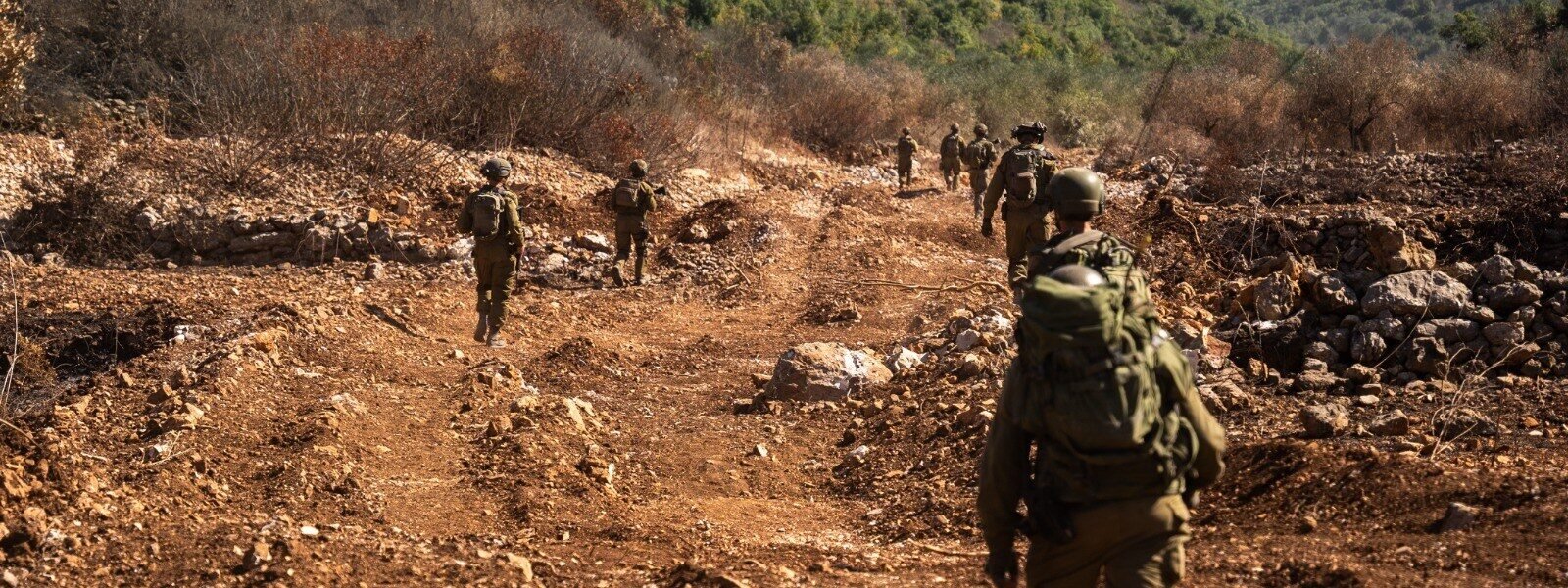11/27/2024–|Last updated: 11/27/20248:55 p.m. (Mecca time)
Military expert, retired Colonel Hatem Karim Al-Falahi, said the ceasefire agreement between Hezbollah and Israel requires explanations and details to implement its provisions on the ground, stressing that it also faces political, logistical and financial challenges and obstacles.
Al-Falahi explained – in his speech to Al-Jazeera – that there are five parties monitoring the ceasefire in Lebanon, namely the UNIFIL forces, the Lebanese army and the Israeli, in addition to the United States and France.
But the agreement does not specify how the surveillance mechanism would be implemented, and the military expert questions to what extent it is possible for surveillance authorities to carry out raids in certain areas or even fight in others areas to implement the agreement.
UNIFIL forces welcomed the ceasefire agreement and said their soldiers are on their positions and ready to support Lebanon and Israel in their implementation of UN Resolution 1701, stressing that They began to modify their operations to adapt to the new situation.
In August 2006, the UN Security Council adopted Resolution 1701 calling for an end to the Second Lebanon War which broke out in July 2006, the withdrawal of Hezbollah fighters beyond the Litani River and the authorization of the deployment of Lebanese army forces in the south.
Lebanese Army
Al-Falahi expressed his belief that the Lebanese army needs great capabilities to implement the agreement, amid talk of the urgent need to establish a military force of between 10,000 and 15,000 troops .
The creation and preparation of this force – according to the military expert – requires time in terms of arming and equipping with surveillance equipment, “and the southern regions were entirely controlled by Hezbollah, which doubles the challenges “.
He stressed that the Lebanese army needs to build centers, headquarters, observation and control points, in addition to vehicles, patrols, logistical materials and numerous equipment.
Al-Falahi believes that all these equipment require a lot of money given Lebanon’s economic suffering, and that they also require a longer period than the 60 days proposed in the agreement.
He discussed internal political obstacles in Lebanon, including how to deal with Hezbollah, as well as obstacles on the Israeli side and the possibility of withdrawing from Lebanese regions within 60 days.
The military expert highlighted the lack of clarity in the disengagement mechanism between Hezbollah and Israel within specific time frames supervised by the monitoring force created for the Lebanese army to replace the Hezbollah forces and for the Israeli army to withdraw gradually beyond borders. .
In this context, Al-Falahi stressed the need to have a clear and specific mechanism to deal with violations of the ceasefire agreement and ensure that things do not get out of control.
The ceasefire agreement between Hezbollah and Israel entered into force at dawn on Wednesday, Beirut time, putting an end to the fighting between the two parties which has continued since October 8, 2023 and whose scope has expanded considerably over the past two months.
In turn, Israeli Chief of Staff Herzi Halevy said his forces were still on the ground and would confront those returning to Lebanese villages with deterrence and fire.
Halevy added in a threatening tone: “If the agreement is not implemented, we are ready and determined to impose the rules of a new and different reality for the inhabitants of the north,” noting that “the war in Lebanon was decisive, and imposing the agreement will be even more decisive.”
In the same context, the Israeli Prime Minister’s Office reported that Benjamin Netanyahu and Defense Minister Israel Katz had ordered the army to prevent residents from entering villages near the border in southern Lebanon.
Netanyahu’s office revealed that the Israeli army arrested 4 Hezbollah members, including a local commander, after they entered a restricted area.
